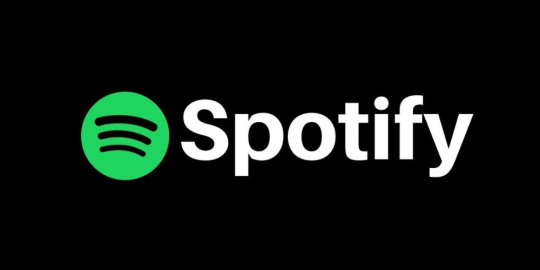
The landscape of digital music streaming has experienced significant evolution over the years, with Spotify at the forefront, navigating through uncharted territories. However, the company's latest strategic move to incorporate audiobook content into its paid subscription plans has sparked a considerable backlash from the National Music Publishers' Association (NMPA). Accusations of deploying a "bait-and-switch subscription scheme" shed light on the ongoing struggle between music publishers and streaming services over fair remuneration practices. This discord raises critical questions about the subscription economy, content bundling, and the equitable distribution of royalties.
Spotify's bold stride in adding audiobook content to its roster of services intended to enrich the user experience and broaden its market appeal was not universally well-received. The NMPA has taken an aggressive stance against this expansion by bringing the matter to the Federal Trade Commission's attention. At the crux of the disagreement is a contentious matter: customers finding themselves automatically subscribed to additional services for which they may not have an active interest, linked to a price hike in the Premium plans.
Furthermore, the implications for royalties stir heated debates. The NMPA suggests this inclusion of audiobook content subtly shifts revenue away from music royalties to the detriment of composers and artists. According to their calculations, the repercussions could mean a substantial loss in music royalties, which may have propelled the association to characterize Spotify's separate audiobook-only subscription offer as a strategic facade to validate the controversial bundling strategy.
Customers, accustomed to consuming music on the platform, find themselves, according to the publisher's claims, in a predicament where the choice to opt out from the added audiobook service is non-existent without downgrading to the ad-supported model. The implications of this are twofold: the potential alienation of Spotify’s subscriber base and the unsettling message it could send to creatives regarding their value within the platform’s ecosystem.
The ongoing conflict between Spotify and the NMPA marks another chapter in the enduring discourse on fair compensation in the music industry. As the FTC weighs in on the complaint, the outcome will have significant repercussions for streaming services and the broader music industry. While bundling strategies may offer value to some consumers, the pivotal point rests on transparency and choice—principles that should be the pillars of subscription-based models.
Industry stakeholders, especially the artists whose livelihoods are entwined with royalties, await with bated breath a resolution that upholds the integrity of the music ecosystem. Whether this controversy will prompt a reevaluation of Spotify's subscription model or set a precedent for content bundling practices remains to be seen.